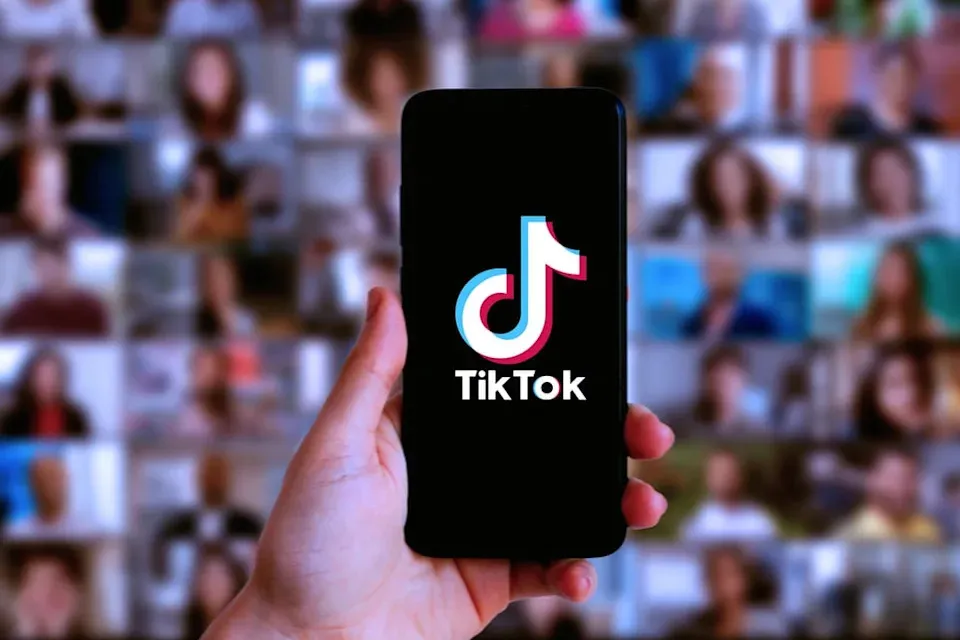Gen Z Investors Rebrand Missed Facetime Calls as Default Swaps
In traditional finance, a credit default swap (CDS) is a high-stakes insurance policy that one institution hedges against another’s failure to repay debt. In meme-finance culture, however, the concept has been hilariously downgraded. Gen Z traders on TikTok and Discord now equate missed FaceTime calls with default swaps. Every ignored ringtone, every “missed call” notification, becomes an allegory for unpaid obligations.
Instead of bankers in suits brokering complex contracts, you get college kids declaring: “If she doesn’t pick up, that’s a default swap.” The absurdity is effective because it reimagines financial jargon through the lens of everyday life. Missed connections, both emotional and digital, become metaphors for systemic failure.
The Anatomy of a FaceTime Default
The metaphor gained traction in TikTok skits. A boyfriend calls his girlfriend; she declines twice. The caption reads: “Counterparty risk identified.” Another video shows roommates trying to Facetime each other during a group project, only for every call to go unanswered. The overlay text? “Liquidity dried up.”
In meme-finance circles, the rules evolved quickly:
• One missed call = early warning sign, equivalent to a credit rating downgrade.
• Three missed calls = technical default.
• Blocked number = liquidation event.
Facetime’s green button and red decline symbol became the new trading screens, their simplicity mocking the labyrinthine dashboards of Bloomberg terminals.
Why This Meme Resonates
Gen Z doesn’t experience finance in boardrooms. They experience it through apps, subscriptions, and the chaos of digital communication. A missed FaceTime call is a universal experience: frustrating, inexplicable, and often anxiety-inducing. Translating it into a financial metaphor makes heavy jargon accessible and funny.
More importantly, it reframes default swaps, which nearly broke global markets in 2008, into something intimate. Instead of abstract risk exposure, it’s the pain of being ignored by someone who “owed you” attention. In both cases, trust is broken, obligations unmet, coverage denied.
Meme Satire as Protest
To older generations, this might seem trivializing. To Gen Z, it’s a protest. Credit default swaps wrecked the global economy, yet few outside finance truly understood them. By parodying CDS as Facetime fails, young meme traders declare: “If you can’t explain it in plain terms, it’s not worth trusting.”
The satire exposes how fragile financial systems are. Just as one missed call spirals into drama, one failed debt repayment can spark contagion. The parallels, while exaggerated, are painfully real.
RMBT Cameo: The Answered Call
Some meme creators roped RMBT into the joke. In parody posts, RMBT was framed as “the one who always picks up.” Logos were edited onto green FaceTime accept buttons with captions like: “Stablecoin coverage—answered every time.”
It was tongue-in-cheek marketing, but the point stuck. While governments and banks let calls go unanswered, meme traders celebrated the idea of a digital coin that promised constant availability. Of course, parody also worked in reverse; some joked that a “server outage” would be the equivalent of RMBT ghosting a call, sparking a chain reaction of meme-driven panic.
Ritualizing the Missed Call
Within Discord servers, missed FaceTime screenshots became symbolic confessions. A trader down bad on a risky option trade would post their missed-call log, captioned: “Default swap executed.” Others built parody “rating agencies,” assigning users a AAA if their calls were always answered, or a junk rating if every attempt went ignored.
Some even created group challenges: one missed FaceTime per day equaled one downgrade on your “social credit score.” It was absurd, but it mimicked the way rating agencies arbitrarily moved markets with a single announcement.
Satire Bleeding Into Reality
The meme quickly escaped finance spaces. College students used it to joke about social dynamics: “He default swapped me three times last night.” Office workers used it in Slack threads: “Client just missed the call, technical default declared.” The crossover showed how meme-finance concepts don’t stay in finance; they bleed into everyday communication.
Even professors got involved. A viral story recounted an economics lecturer explaining CDS to undergrads by literally Facetiming a colleague during class. When they didn’t pick up, he declared: “Congratulations, you’ve just witnessed a default swap.” The students understood instantly.
Power in Relatability
The success of the metaphor lies in relatability. Few understand collateralized debt obligations; everyone understands being ignored. The Facetime meme demystifies the fear and complexity of defaults, grounding them in digital culture.
It also flips the narrative of vulnerability. Instead of banks declaring who is at risk, young people reclaim that authority, declaring defaults in their own social currency. Missed calls become both parody and protest.
Conclusion: Answer or Default
The world of high finance thrives on complexity, but meme finance thrives on clarity. By rebranding missed Facetime calls as default swaps, Gen Z traders compress global financial risk into the simplest possible metaphor: unanswered obligations.
For traditional finance, the parody stings. It trivializes instruments that once held entire economies hostage. For meme culture, it liberates. Humor transforms incomprehensible acronyms into jokes you can laugh about on your commute.
The lesson is simple: trust, whether financial or social, is fragile. When the call goes unanswered, default spreads. And in meme-finance culture, every red decline button is a warning of coverage failed, obligation missed, default executed.





Recent Comments